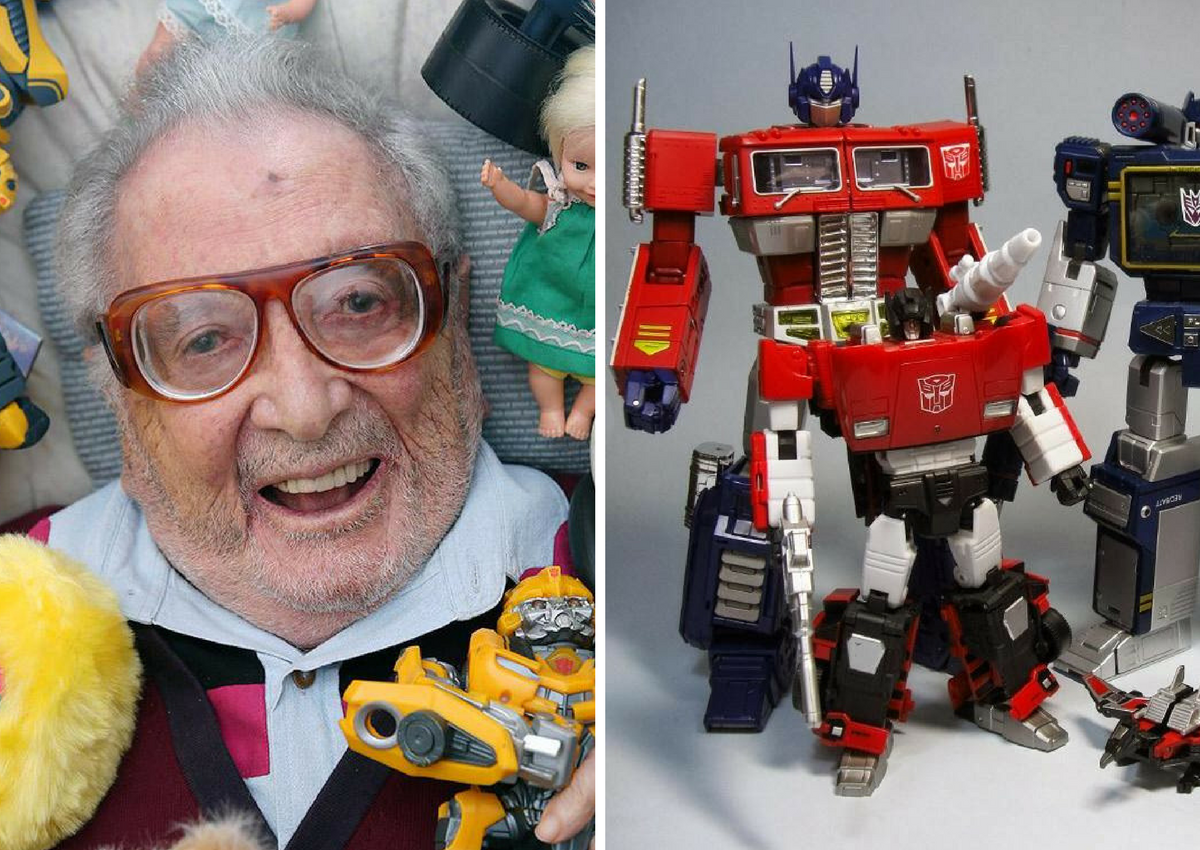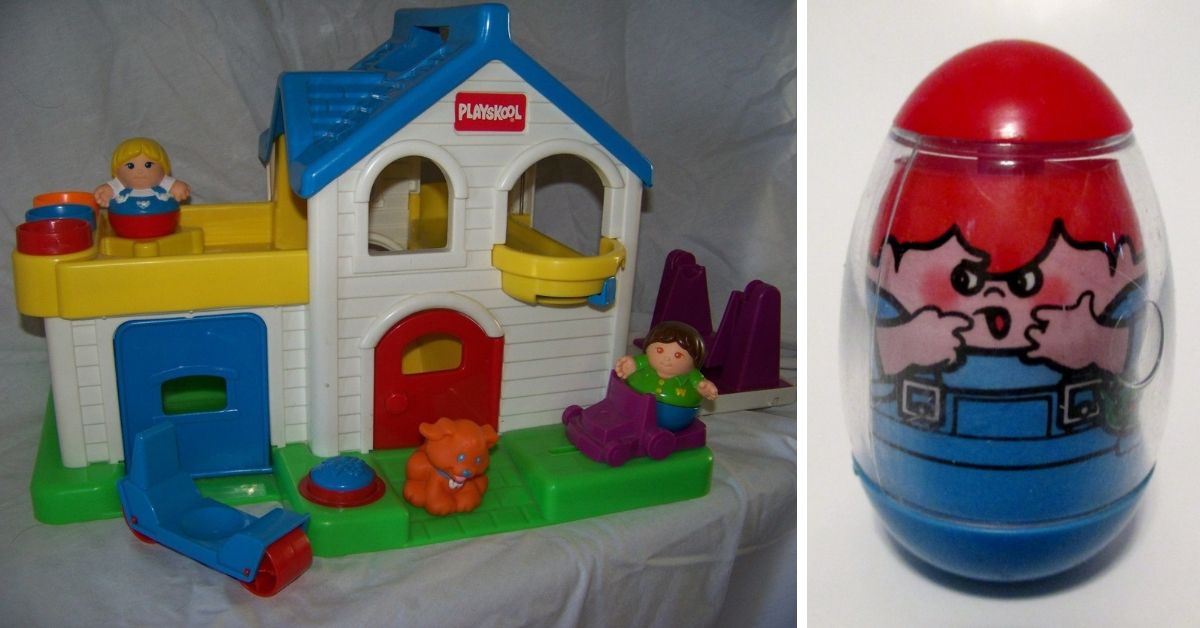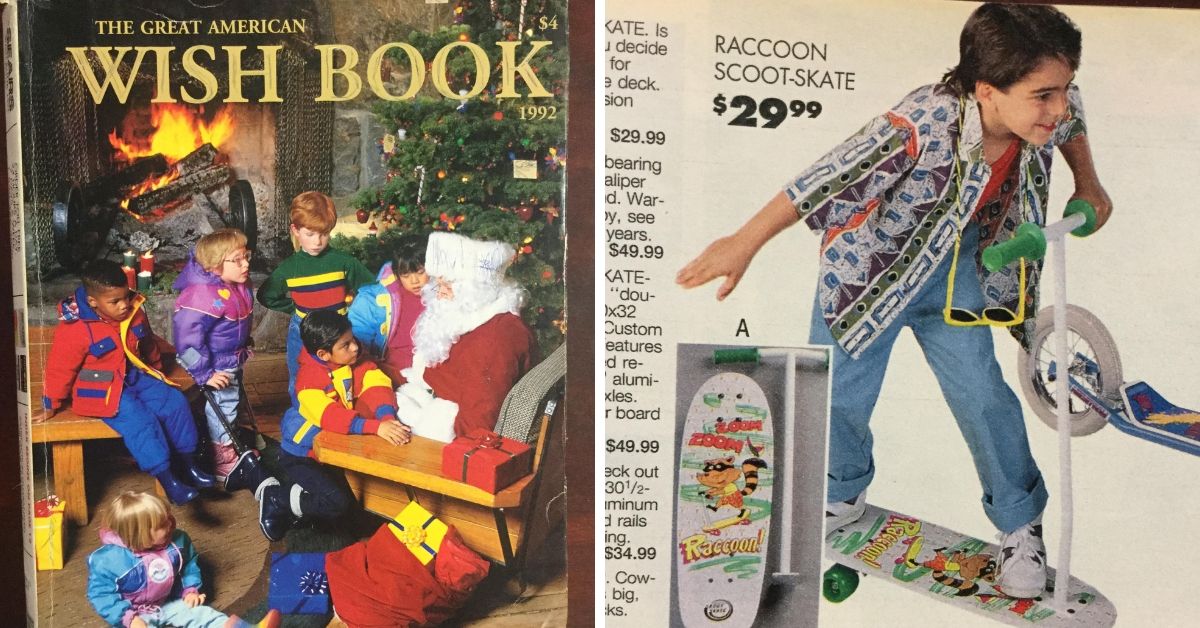
He Survived The Holocaust To Bring You Your Favorite Childhood Toys - Listen To His Story

You might not know the name Henry Orenstein, but trust me, you've almost definitely been a fan of something he created at some point during your childhood.

The man has over 100 patents for various toys to his name in the United States, several of which have gone on to be pretty massive successes. In the 1960s he created Suzy Cute, a doll that sold especially well thanks to an extremely catchy marketing campaign.
However, Orenstein's biggest toymaking success came with discovering a type of toy from Japan the likes of which the West had never seen before: cars that transform into giant robots. He patented the idea as "Transformers" and went to Hasbro with his pitch for it. I think you know what happened next.

Transformers persists to this day as a multi-billion dollar movie franchise, with more merchandising and toys than ever before. Orenstein has maintained his patent the entire time, making him a very rich man. However, this isn't the most interesting aspect of his life. What's interesting is what it took him to get to this point.

Namely, he had to survive the Holocaust.
Click to the next page to find out about Henry Orenstein's struggles in WWII, as well as his contributions to an unlikely sport.
Born in Poland in 1924, Orenstein and his family were one of the millions of families of Polish Jews affected by the horrors of the Holocaust. His parents were killed by the Nazis during the initial invasion of Poland, and he and his three brothers were sent between several concentration camps. They very well might not have survived had it not been for Henry's quick thinking;

“I was very lucky. At one point, the runners were running around calling out for Jewish scientists, mathematicians, etc. to register. At that time, we’d heard that days before they killed off all 17,000 Jewish inmates in Majdanek, so I thought our turn is coming. And to play for time, I registered myself and my three brothers as scientists and mathematicians, even though we were not. Just gambling for time. It turned out to be a good gamble.”

While only two of his brothers would survive the war with him, they were able to move to the United States, where Henry would ultimately discover not only his career in toymaking, but his other profession as a professional poker player.

In 1996, he won the seven-stud poker Horseshoe Hotel and Casino World Championship event, taking in over $130,000 on a $1,500 buy-in. He has since spent several weekends a year playing poker at tournaments in Atlantic City, but most of all, he helped turn it into a professional sport.

While watching a tournament on ESPN, Orenstein commented; “It was very, very boring to watch. And in fact, I checked on the audiences and they were very, very small. It was easy to understand why. If you don’t see the hand, how can you be interested? A thought struck me: If I could have an arrangement made where the audience on TV could see all the cards, closed as well as open, then it would be far more interesting.”

So he hired a team of engineers to create a poker table with built-in cameras that could display players' hands without disrupting the game, and this invention has made Henry, in the words of Jon Miller, Senior VP of NBC Sports, "the sole reason for the explosion of poker in this country.”

Orenstein hasn't just sat on his money though. He routinely donates millions of dollars to Jewish charities, and has had public housing built in both New York and Israel, which he named after his murdered parents.

Perhaps the best comment about him comes from William Rapfogel, CEO of the Metropolitan Council on Jewish Poverty in New York, who says;
“Henry Orenstein has been our longest-running and most generous contributor. He is hands-on in his philanthropy and he has just been a phenomenal human being. He inspires others. We have other generous people who have come to Met Council who want to emulate him. That’s the best form of flattery you can imagine.”




